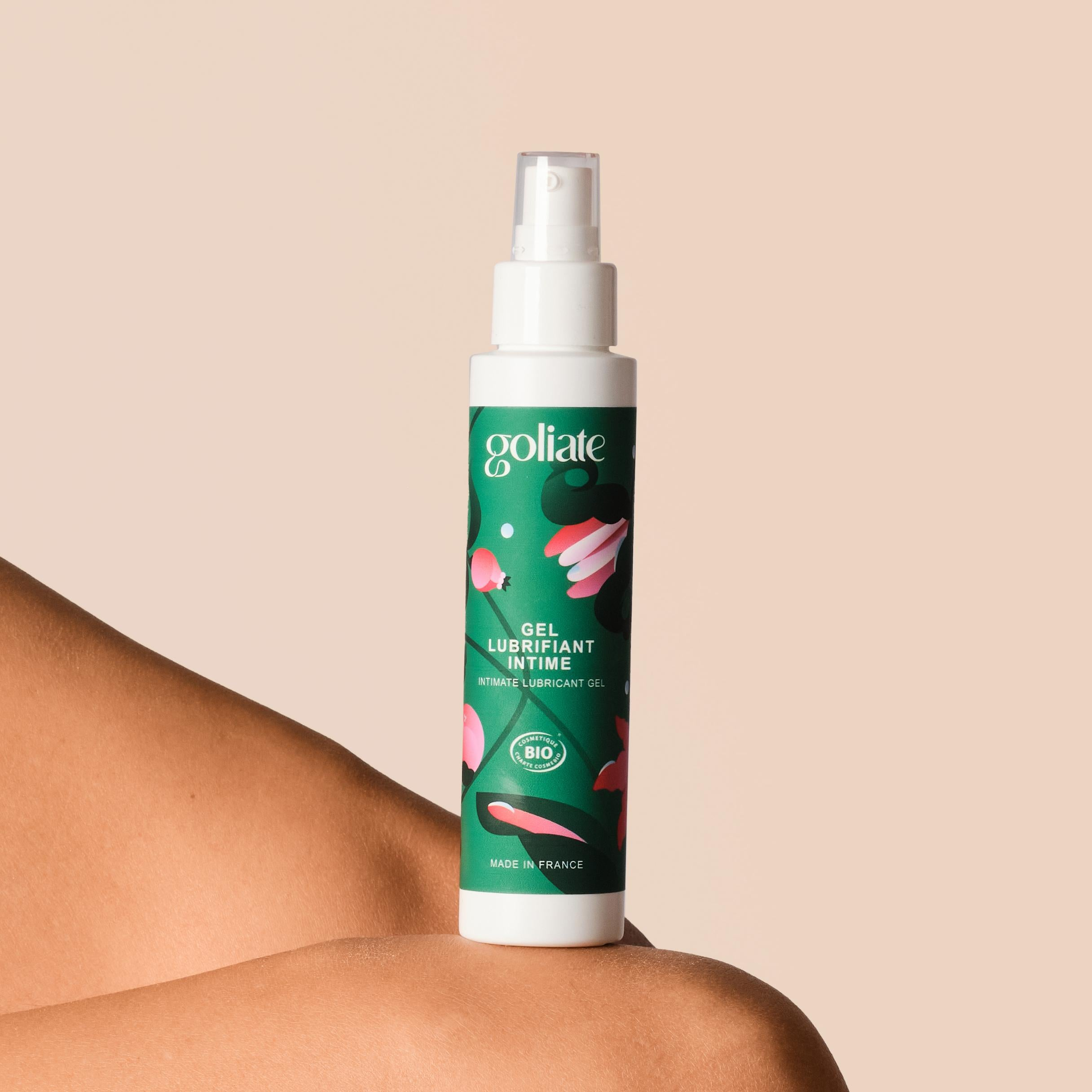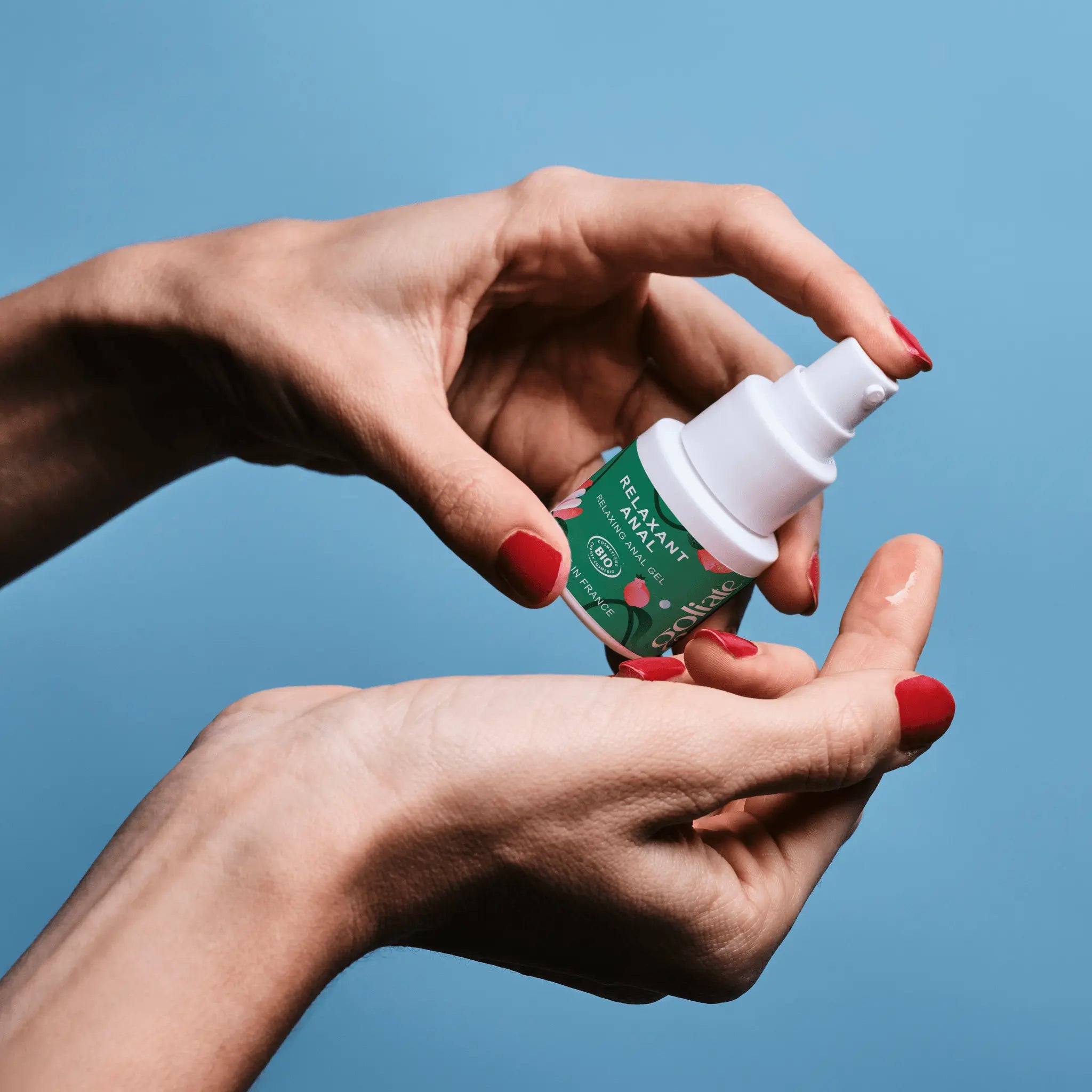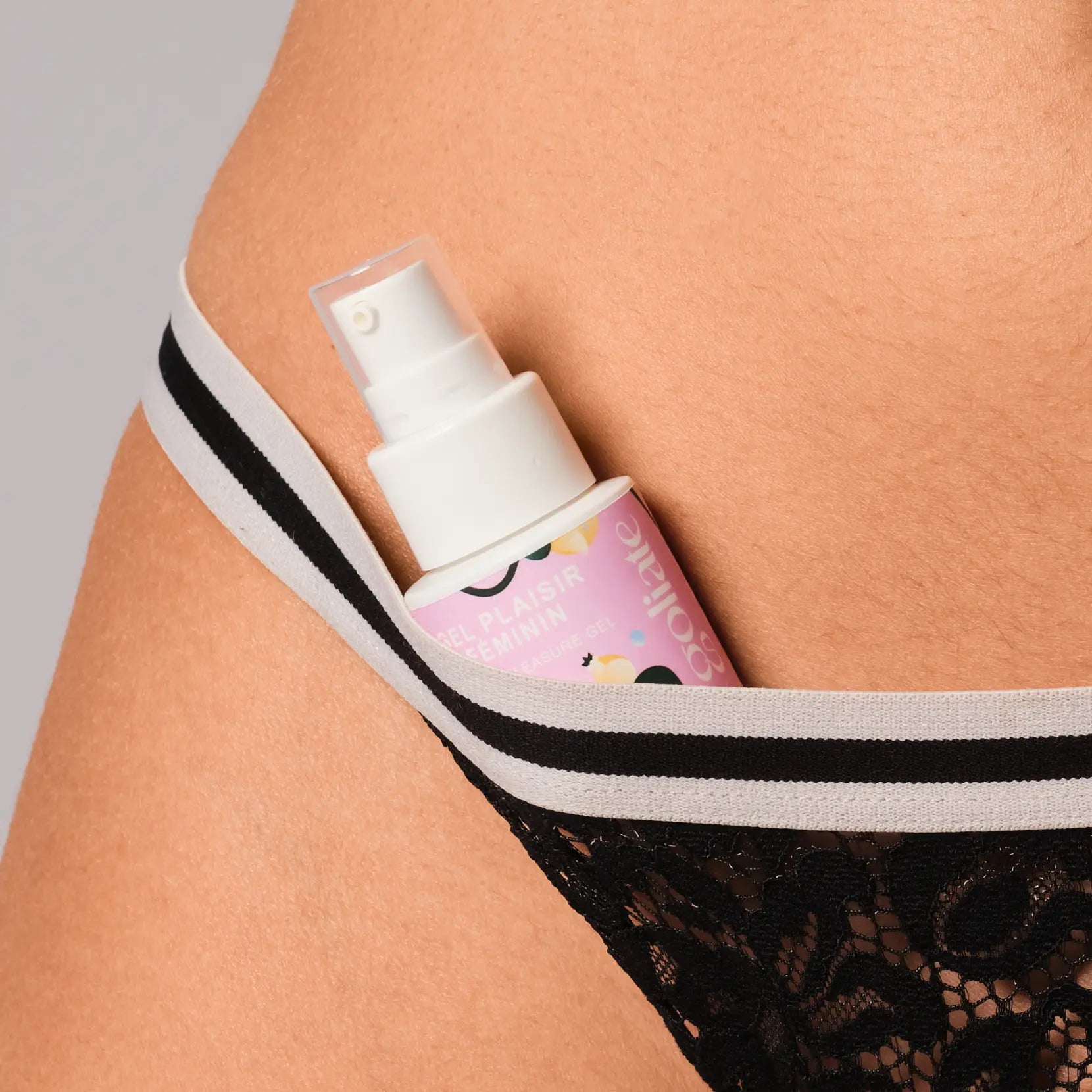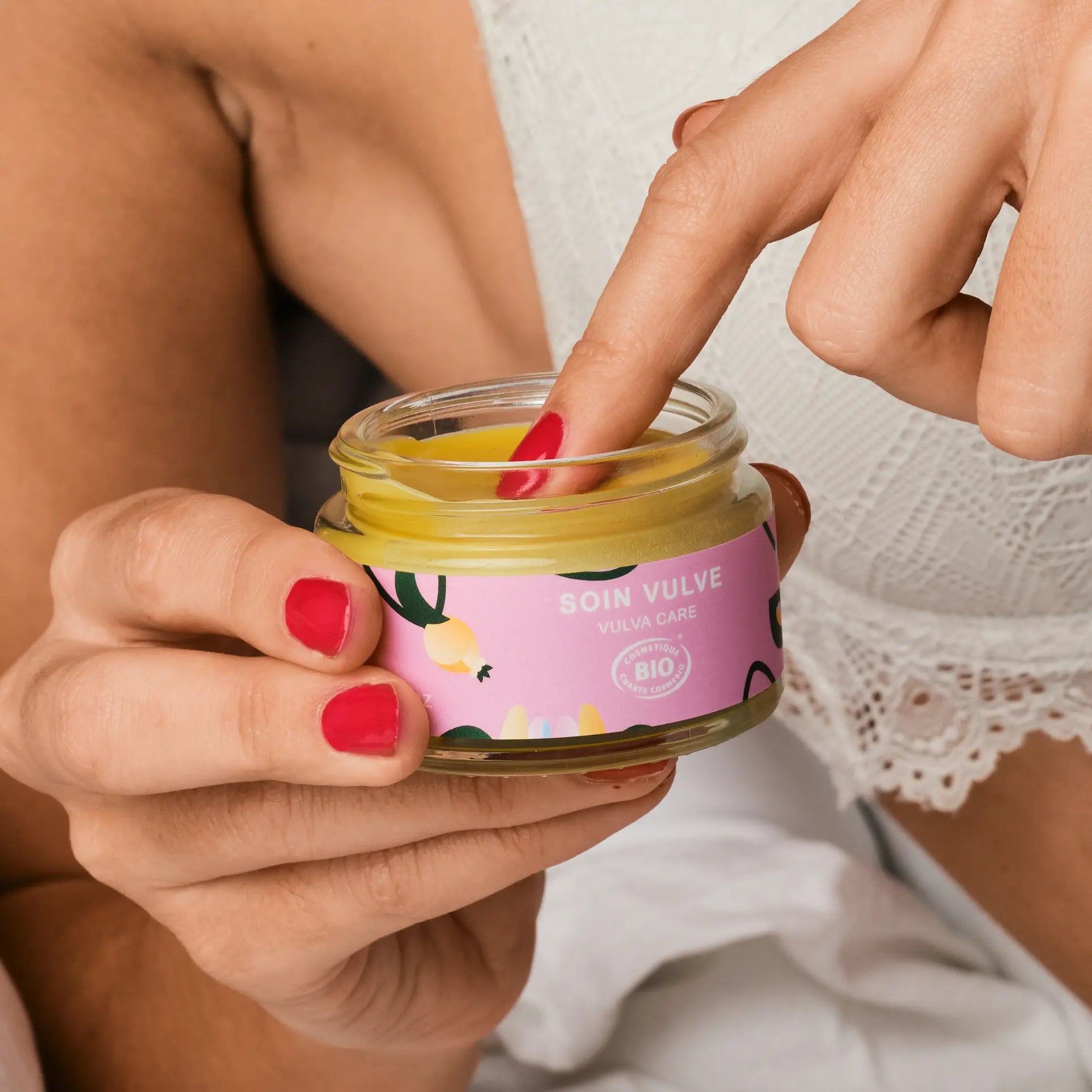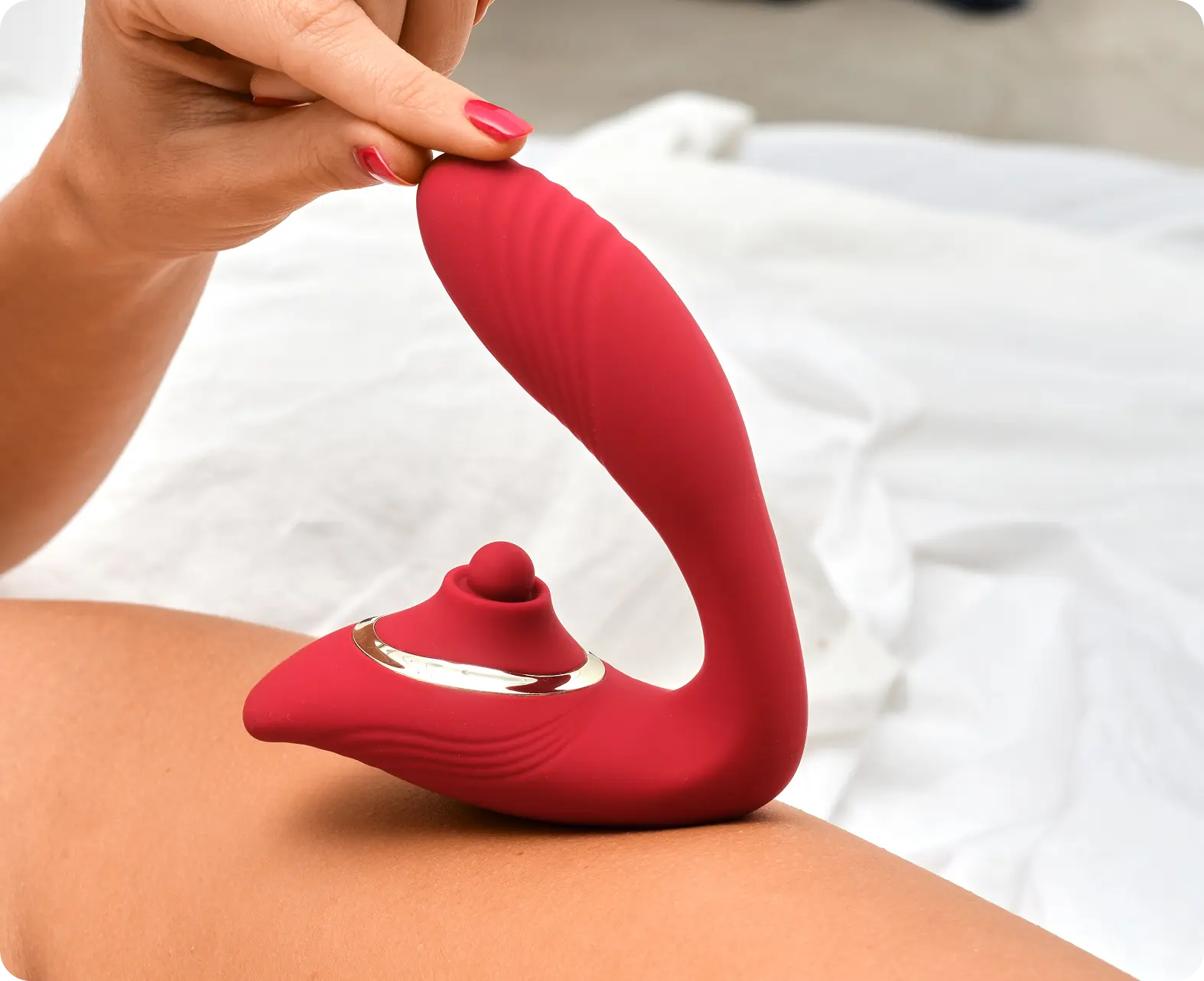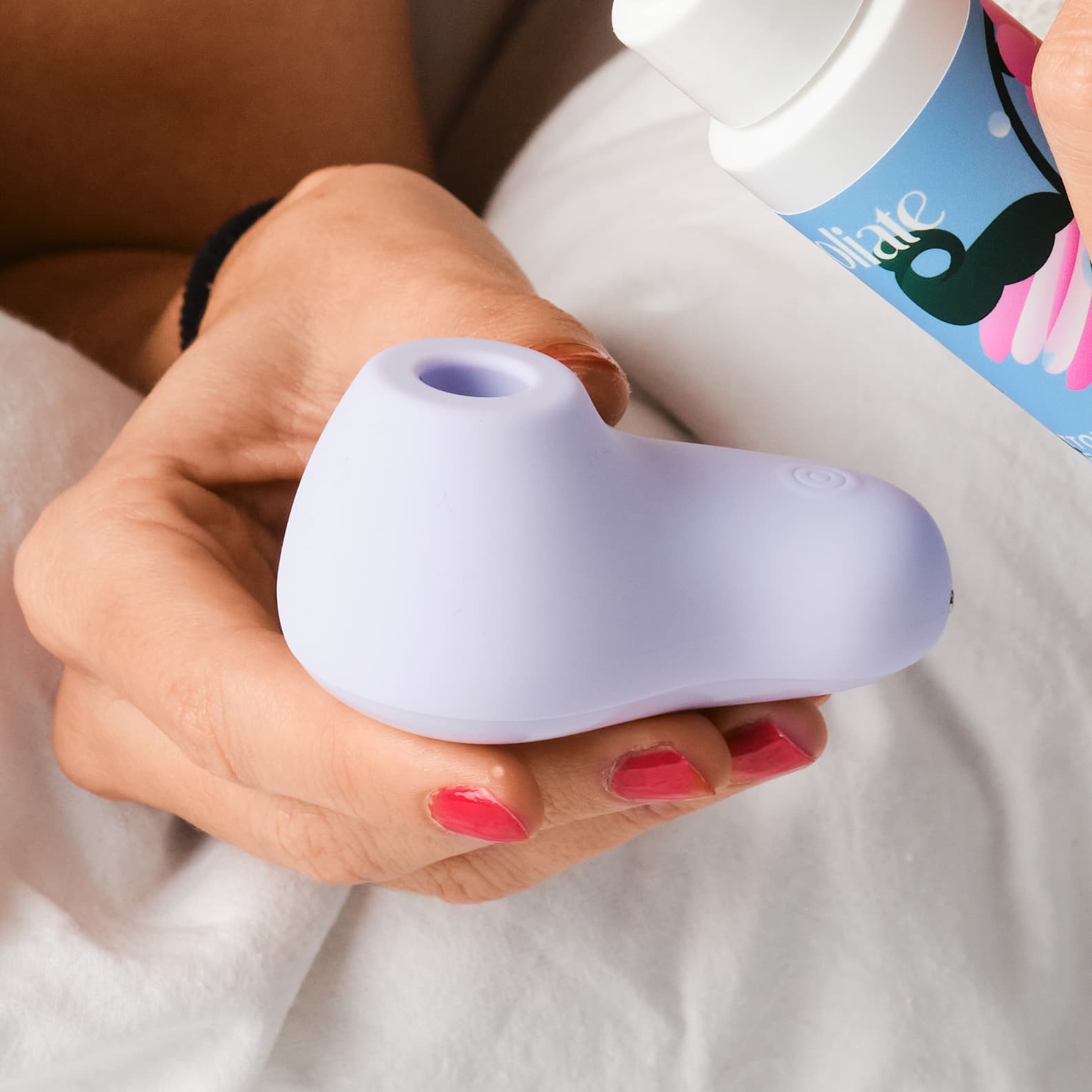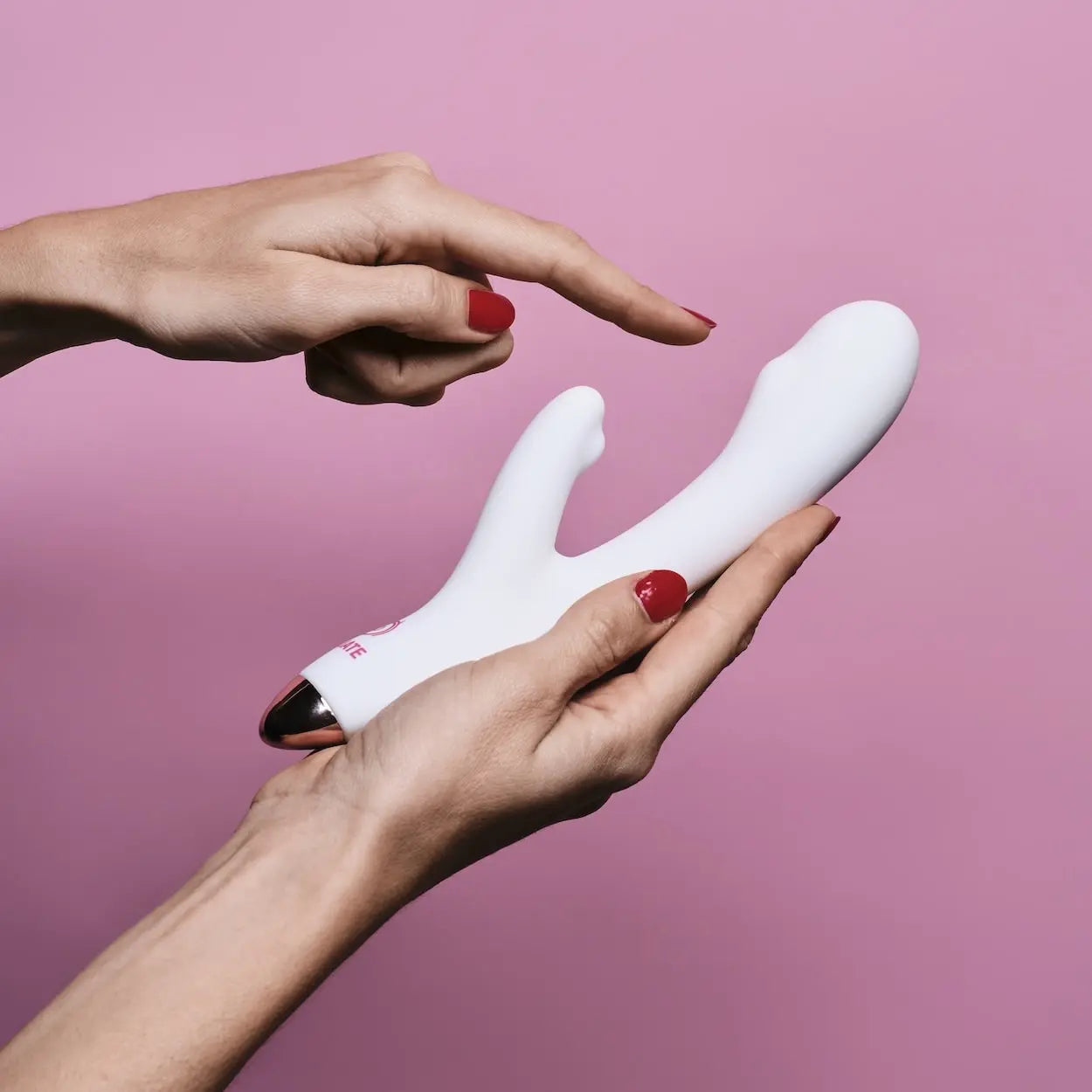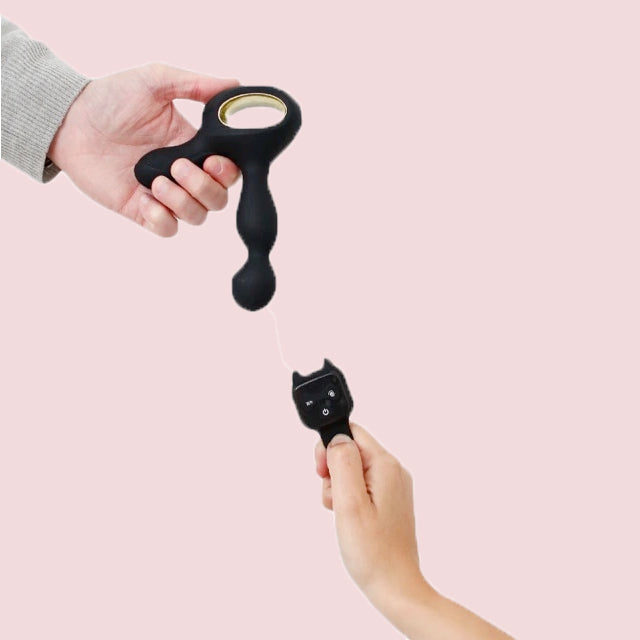The issue of body hair, especially in the intimate area, has sparked much debate and evolution over time . Shaving and hair removal styles have influenced the perception of body hair in sexuality, and this perception continues to evolve today .
We take you on an in-depth exploration of the origins of shaving and hair removal, their impact on the perception of body hair in sexuality, and the biological reasons why we have body hair.
And as always, we will emphasize the importance of feeling good in your body, beyond the expectations of society or your partner.
 The History of Shaving and Hair Removal Methods
The History of Shaving and Hair Removal Methods
Antiquity
Hair removal is not a recent practice. The ancient Egyptians, for example, took care of their hygiene and appearance by removing all body hair, including those from intimate areas. This practice was associated with purity and aesthetics. Women used recipes based on sugar and wax to get rid of hair.
The ancient Greeks and Romans also considered the hairless body an aesthetic ideal . Greek statues, often depicted without hair, attest to this preference. For the Romans, hair removal was a sign of high social class.
Middle Ages
During the Middle Ages, the perception of body hair changed. The hairy body was no longer viewed negatively, and hair removal became less common, partly due to the religious connotations and modesty values of the time. Body hair was accepted as a natural part of the body .
Renaissance and modern era
With the Renaissance, interest in body aesthetics and nudity in art revived some hair removal practices, although not as widespread as in ancient times. It was not until the 20th century that shaving and removing pubic hair really took off, particularly in the 1960s and 1970s, influenced by sexual liberation movements and the fashion industry.
Impact of modern fashions on the perception of hair
20th century
During the 20th century, the media and the fashion industry played a crucial role in promoting the hairless body as a standard of beauty. Advertisements, films, and magazines often featured hairless female bodies, creating social pressure for women (and to a lesser extent, men) to adopt hair removal practices.
21st Century
Today, hair removal practices vary widely based on personal and cultural preferences. The rise of body positivity and self-acceptance movements has encouraged many people to embrace their natural appearance, including their body hair. Celebrities and influencers are advocating for body hair acceptance, contributing to a diversification of beauty standards.
But then why do we have hair?
Function of body hair
Body hair, including pubic hair, has several important biological functions:
1. Protection : Hair protects the skin from external elements, such as UV rays, minor injuries and irritations.
2. Temperature Regulation : Hair helps regulate body temperature by providing thermal insulation.
3. Reduced friction : Pubic hair reduces friction during sexual activity and other physical movements, protecting sensitive skin. For those who suffer from discomfort, we recommend using a soothing balm dedicated to intimacy such as our 100% organic calendula-based vulva care balm for an immediate moisturizing and soothing effect.
4. Pheromones : Hair can hold pheromones, chemicals that play a role in sexual attraction, beyond the erogenous zones on which it may be located.
Scientific studies on hair removal
Several scientific studies have examined the health effects of hair removal. For example, a study published in the *Journal of the American Medical Association* found that frequent hair removal can increase the risk of skin infections, such as bacterial infections and ingrown hairs. Other research has indicated that hair removal can cause irritation and microtrauma to the skin , especially in sensitive areas like the genitals. Consider using your intimate area to feel good at all times.
Men's and women's hair preferences
A 2019 poll by research firm YouGov revealed some interesting preferences when it comes to intimate hair. According to the poll, about 46% of men prefer their female partners to be completely waxed or shaved, while 30% prefer partial hair removal and 24% have no specific preference or prefer a natural look.
On the women’s side, 56% prefer their male partners to be at least partially waxed or shaved, while 44% prefer a natural look or have no specific preference. These results show that preferences vary widely and that acceptance of body hair is increasing, especially since the lockdown.
According to the survey carried out among the Goliate Instagram community , 56% of you prefer natural (with hair!) compared to 44% for shaving/hair removal.
So there’s something for everyone!
Feeling good in your body: the importance of personal choice
It is important to emphasize that the choice to shave or wax should be personal and based on what makes you feel good about your body . Conforming to societal standards of beauty or seeking to please a partner should not dictate your choices when it comes to body hair.
Listen to your body
Listening to your body and responding to its needs is crucial to your overall well-being. If hair removal causes frequent irritation or infections, it may be best to rethink the practice. Conversely, if you find that hair removal makes you feel more comfortable or confident, that may be a valid reason to continue.
Communication with the partner
Open communication with your partner about your preferences and expectations can strengthen your relationship and mutual trust . Clearly expressing your desires and listening to your partner's can help find a compromise that satisfies both parties without sacrificing personal comfort.
Alternative practices for intimacy and sexuality
Sex toys and intimate gels
Sex toys and intimate gels can enrich sex life by adding new dimensions to pleasure and exploration. Sex toys, such as vibrators , dildos and clitoral or prostate stimulators , can offer varied and intensified sensations, while intimate gels and lubricants can improve comfort and pleasure during sex.
1. Organic Lubricants : Lubricants made with natural and organic ingredients can be gentler on the skin and reduce the risk of irritation. They are often recommended for people with sensitive skin and for anyone who wants to increase sensations during intercourse for more sensuality.
2. Massage Oils : Massage oils can transform foreplay into a sensual and relaxing experience, promoting a better emotional and physical connection.
Sexuality beyond penetration
It is important to remember that sexuality is not limited to penetration. Caresses, kisses, massages and other forms of stimulation can be just as, if not more, satisfying. Foreplay (which, let's remember, is an integral part of sexual intercourse) plays a crucial role in sexual arousal and pleasure, allowing for a deeper emotional and physical connection. You can use erotic creams to discover new aspects of your sexuality and eroticize your relationships.
What conclusions can we draw from this?
The perception of body hair, especially in the intimate area, has evolved over time under the influence of fashion, cultural norms, and the media. Today, it is essential to remember that the choice to shave or remove hair should be personal and based on what makes you feel good about your body. Hair has important biological functions, and its presence or absence should not dictate your self-esteem.
Ultimately, the key is to feel comfortable and confident in your own body. Whether you choose to keep your body hair or remove it, the important thing is to respect your own preferences and communicate openly with your partner. Sex toys, intimate gels, and a variety of sexual practices can enrich your sex life and promote a better understanding and appreciation of your body.
Also, don't hesitate totake care of your intimate areas with gels and cosmetics adapted to your intimate areas.
To learn more about this topic, consult reliable sources and scientific studies, and don't hesitate to talk to health professionals to get personalized advice. You also have access to a free first appointment with a sexologist via our pleasure guide.

